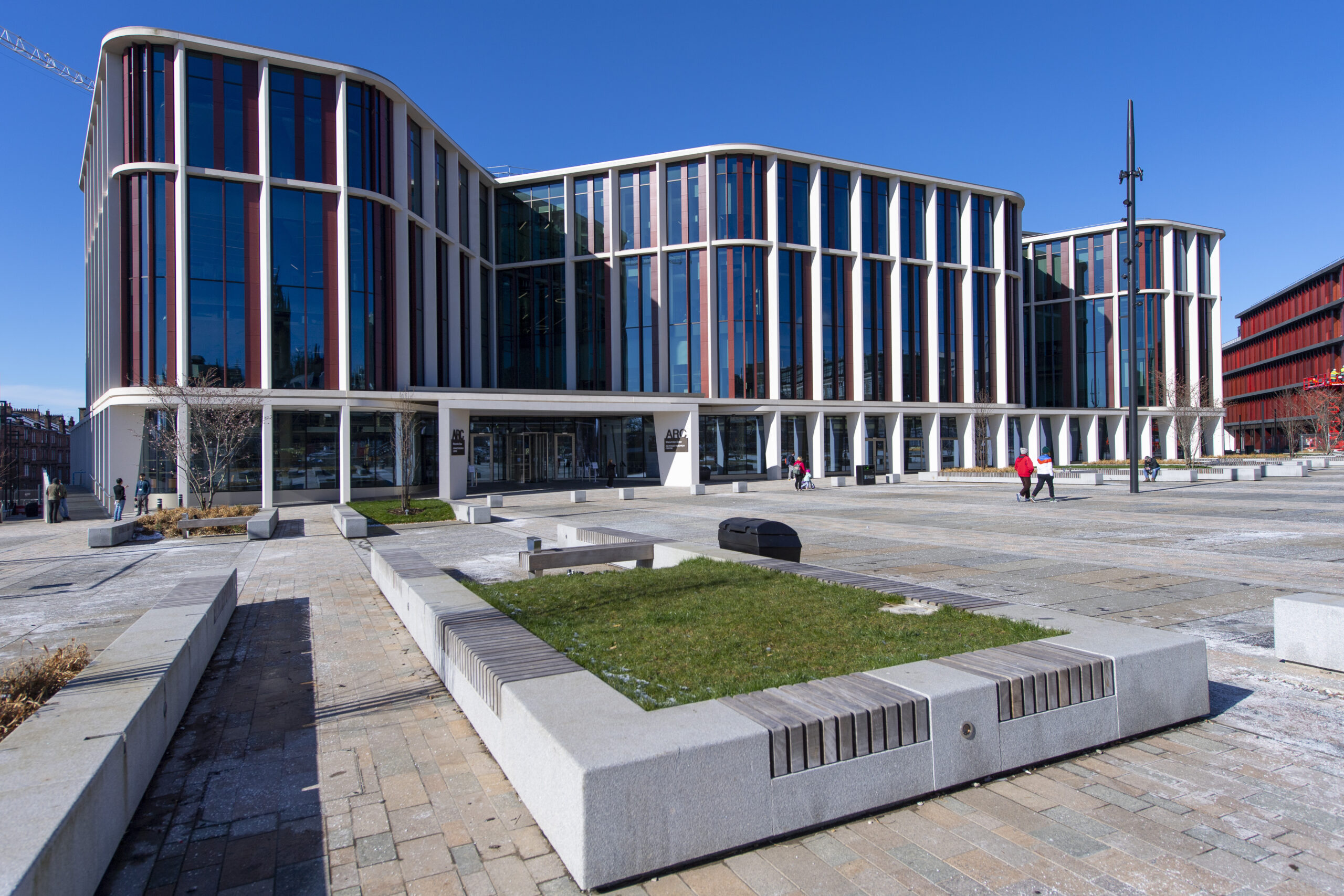Workshops
The transformative potential of exascale computing for agent-based modelling
Monday 4th September 13:30-15:30
Gary Polhill and Matt Hare
Text: “Imagine what you would do if you had a billion laptops you could use to experiment with your agent-based model. This is the kind of computing power that exascale (10^18 operations per second) computing offers. Simulation experiments that now take weeks – even on HPC clusters – could be over in fractions of a second. When working with stakeholders and policymakers, you could then have more creative and interactive discussions about the potential range of cascading consequences emerging from proposed interventions. This workshop, sponsored by the EPSRC (the UK’s Engineering and Physical Sciences Research Council) through the ‘ExAMPLER’ project, aims to co-construct ‘user stories’ of what we could achieve with agent-based modelling when supported by exascale computing, and the institutional changes, software and data we would also need.
Standards for Social Simulation Modelling
Thursday 6th of September 15:30-17:30
Bruce Edmonds
Whilst agent-based social simulation (ABSS) has gained in sophistication and the range of application areas, it has not been accepted or understood to the extent of other modelling approaches. Part of the reason for this is that others (especially policy makers) do not know what to expect of ABSS and how much it can be relied upon for their purposes. Another aspect is that ABSS is applied sporadically to many different application areas and is used for many different purposes, so that uniform standards have not been developed. Some standards, such as ODD, have emerged but do not cover all aspects of ABSS. This session is to start a discussion as to what standards ABSS needs and how we, collectively, might go about developing them.
Alternative models of the development of inequality
Monday 4th of September 16:00-18:00
Bruce Edmonds
Following a call for declarations of interest in this topic, over thirty researchers have declared an interest in this topic, most of them from the social simulation community. The idea is to expand the narratives concerning how inequality might come about, beyond the traditional ones from the left and right political wings. The socio-technical economy is extremely complex and thus we feel the debate needs to move beyond a simplistic brake-or-accelerator polarisation. We thus want to encourage a range of simulations that seek to represent the processes that can result in persistent, unequal outcomes. We are open to different kinds of inequality as well as different ways of measuring this (inequity, absolute poverty, capabilities approach etc. all included). At this stage we do not want responses to be too formalised, hence why we are asking for an informal half-day workshop rather than a formal session.

